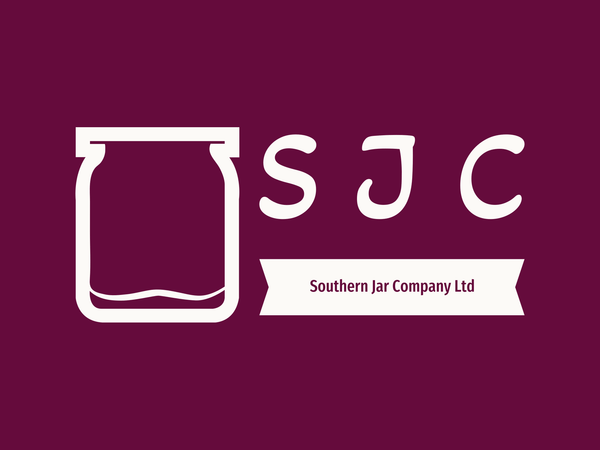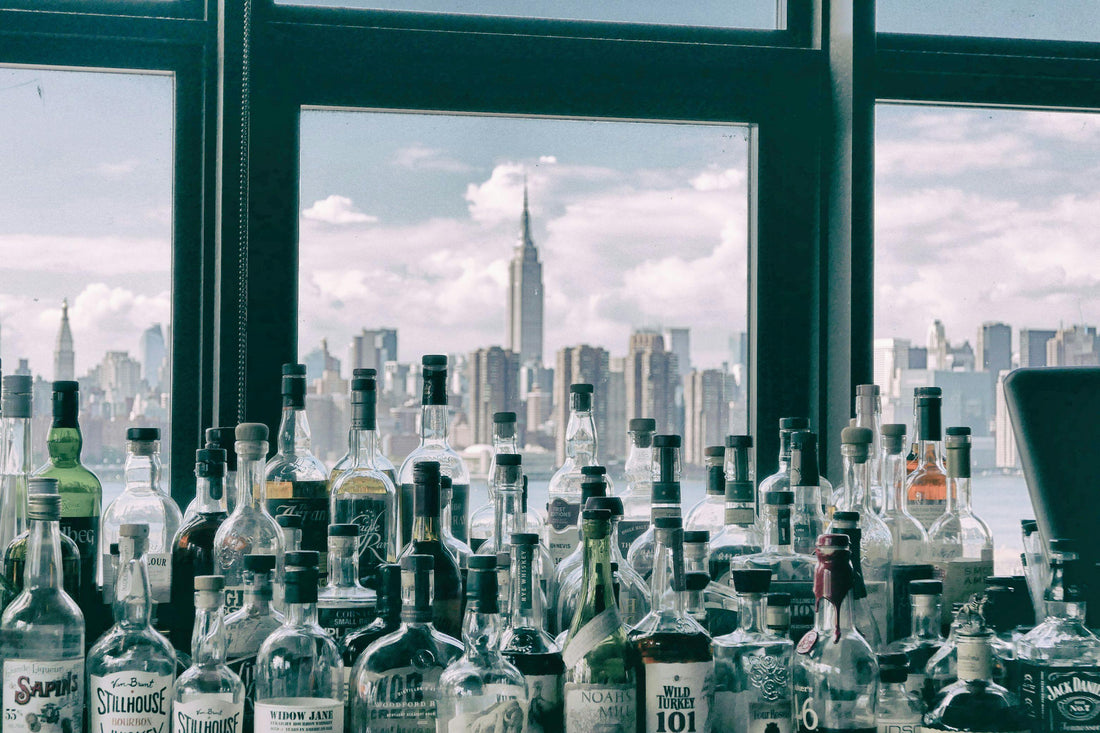The clinking of glass bottles can be musical, their many shapes so alluring. Take a look at a collection of plain and/or coloured glass bottles. The various designs can have an aesthetic appeal. The colours and reflected lights look good. But the usefulness of bottles goes beyond their appearances.
Glass bottles are good for packaging all kinds of materials. From liquids, to gels, powders, lotions, seeds, nuts, and chemicals. They are useful for storing juices and other kinds of liquids in the home. Yet again, they are valuable storage containers for cosmetics, drugs, and food.
Alcohol Bottles: An Important Use Case for Glass

A very popular application area of bottles is in the beverage industry. In most cases, alcohol bottles are made of glass. Plastic, aluminium, and cardboard containers have become more popular. But glass tops the list.
In medieval Europe and Asia of old, glass vessels were a choice decoration. You could find them in the stables of the wealthy. They were pricey pieces of art in the homes and palaces of the upper class. But sometime between the late 17th and 18th Centuries, French winemakers made a discovery.
They found out that wines stored in glass bottles, especially with cork stoppers, aged well over time. These wines improved in taste and did not lose quality. Even more so was the need to use durable alcohol bottles to store white Champagne wines. Furthermore, better glassmaking techniques of the 18th Century emerged. This led to the creation of thicker wine bottles. With this improvement, wines reached other places in glass bottles of higher quality.
The contents of glass bottles can stay fresh for lengthy periods. This is a vital point in support of keeping contents in alcohol bottles. There are recent cases of wine bottles discovered intact in sunken ships. Their contents remained in their original quality. This is in spite of the shipwreck which occurred several decades earlier.
Today, there are many creative and functional designs of bottles. Various volumes, colours, shapes, thicknesses, heights, and neck sizes exist. Many of them are signature designs that go with popular brands of alcohol.
Choosing the Right Glass Bottles: 4 Vital Tips
To select the best glass bottles with lids to store any product, put these 4 vital tips to work.
Aesthetics
Look out for the bottle characteristics that appeal to consumers, including their attractiveness. Glass bottles tend to attract people for different reasons. Their clarity, colour, or shape is the key factor.
Certain colours, like blue, may look noble in glass bottles containing high-end spirits. This could increase their appeal. Beautifully crafted glass bottles can be a delight to the senses. But in some cases, the clarity of the contents in plain bottles may be an advantage. To an extent, it may allow users to detect the quality of the content.
Required Size and Volume
It is advisable to choose glass bottles with reasonable sizes and volumes. They should match the sizes that are convenient for your customers to use. They should also have shapes that will be an advantage. This will prove useful when packaging and transporting them.
The Product's Key Properties
Check the key properties of your product. This will determine which type of glass bottle can handle it.
For instance, the colour of a glass bottle is important. It plays a role in preserving the quality of an alcoholic beverage. Bottles with darker colours are suitable for high-end liquors and beers. These alcoholic beverages are sensitive to sunlight and ultraviolet radiation. Such colours include amber, green, and blue.
Champagnes and other carbonated drinks also need sturdy bottles. This is because of their high internal pressure.
Production, Filling, and Handling Requirements
Examine which method is suitable to keep the product secured, or to put it, in glass bottles.
For instance, what is the best type of lid for the product and bottle in question? To what extent should it be airtight or removable? Modern glass bottles now make use of improved corks, plastic lids, and metal caps.
For convenience, you may also need to consider the suitable width of bottle necks. This will be important when filling (and emptying) the glass bottles.
Conclusion
Glass bottles can protect their contents from several environmental factors. And for a long time. These versatile containers are also available in many varieties. In volume, colour, and shape, there are many variations. They serve both aesthetic and functional roles in product storage and packaging.
But it is necessary to consider a few factors before choosing them. Begin by checking the convenient quantities of your product suitable for packaging. The appearance, as well as production and filling requirements, are also important. And finally, the key characteristics of the product should also influence your choice.

